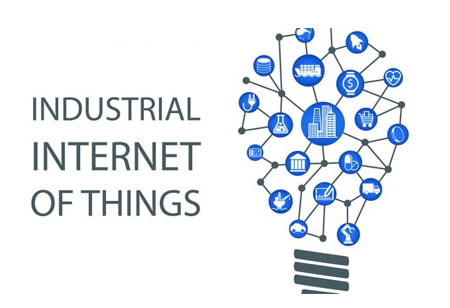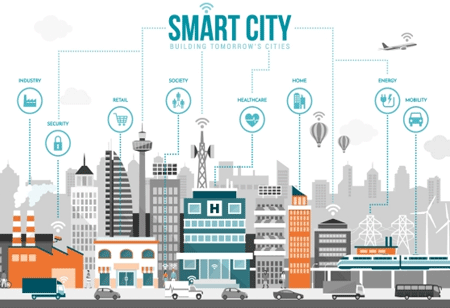THANK YOU FOR SUBSCRIBING
AI and ML Continue to Power the Insurers, Know How
AI is generally the idea of building machines that can think as human beings. Machine learning is AI's leading edge.

By
Apac CIOOutlook | Thursday, May 30, 2019
Stay ahead of the industry with exclusive feature stories on the top companies, expert insights and the latest news delivered straight to your inbox. Subscribe today.
FREMONT, CA: Insurance, which was once considered to be a miscellaneous benefit, has now emerged as one of the basic needs of the society. Built around risk insurance businesses rely heavily on their ability to predict what risks a person, trade, or organization poses. They are more likely to make a correct prediction with an extensive repository of accurate data, saving themselves money or earning extra income. AI is generally the idea of building machines that can think as human beings. Machine learning is AI's leading edge.
Today, chatbots are utilized in various industries and offer the insurance industry massive opportunities. They are digital assistants who can conduct natural human conversations and thus undertake initial exchanges, eliminating the need in the early stages for a human workforce. A recent survey of 6,000 people worldwide revealed that nine out of ten users would like to use messenger apps for business engagement. Messaging is an ideal channel for consumers worldwide, and it means only better and more meaningful chatbots applications in the insurance industry.
By obtaining valuable insights from data that may have been left out, AI can assist marketers and salespeople in pointing out leads. By tracking leads and managing them with an AI-enabled solution, insurance companies can gain a competitive edge. In call centers, AI can also tailor lead interaction, bringing in the new revenue, and retaining customers with custom content. AI can assist in generating structured sets to orchestrate and process claims data more quickly. Smart solutions can suggest incoming claim templates, helping insurers capture all data in one go. With the help of an AI device, voice-based claims can be converted to written text, making documentation and claims management easier and more efficient.
With rapid technological advancements over the next ten years, disruptive changes will occur in the insurance space. Intelligent bots replace people, leading to full-time equivalent savings for insurance companies, particularly in vertical sales and customer service. AI-based insurers embrace new technologies to create products or streamline processes to use its cognitive learning insights from various data sources, optimize processes as well as reduce costs, and exceed customer expectations for individualization and dynamic adaptation.





